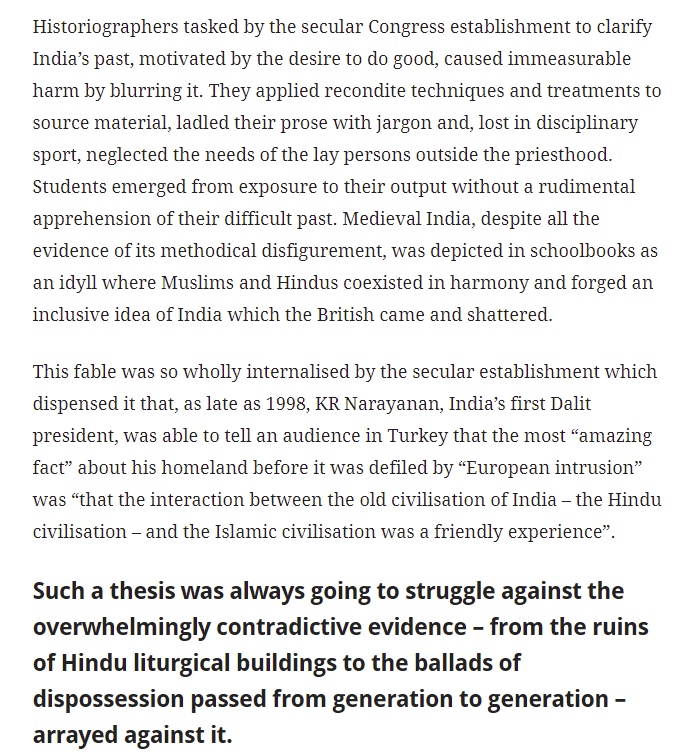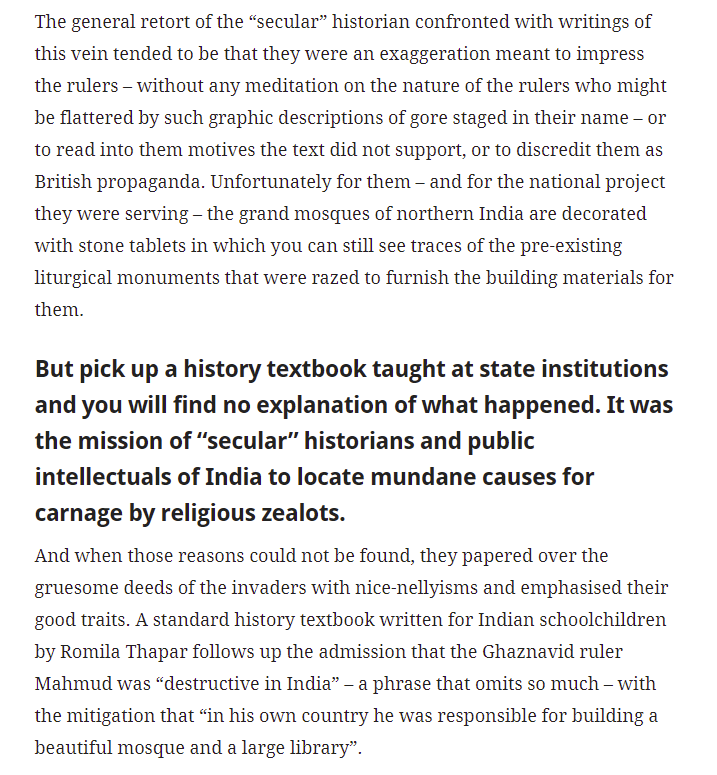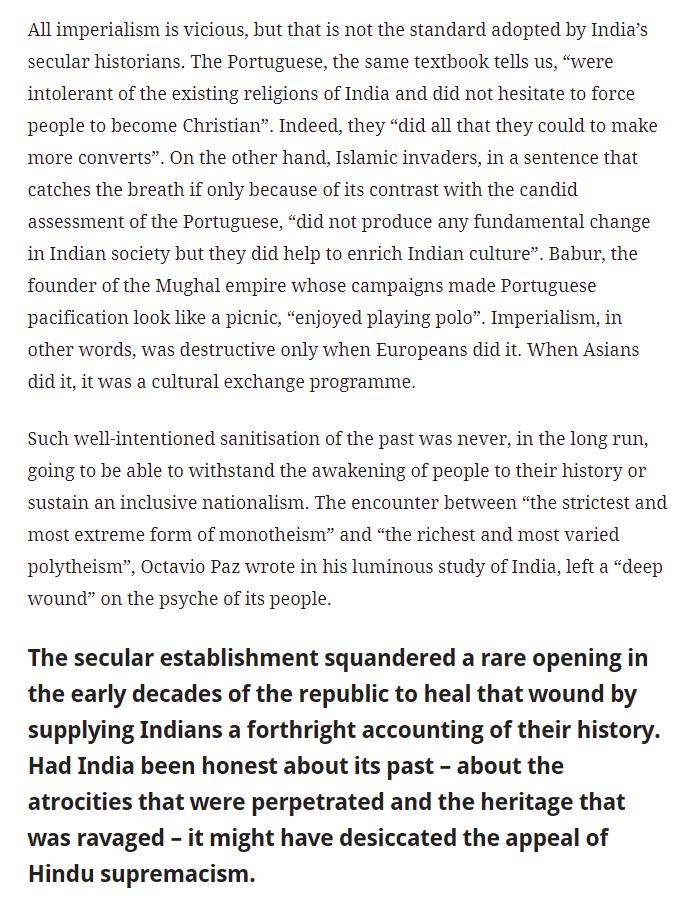Another thing I had doubt is that like Ankit, we are also playing the arcade game. And we can't abort the game in between. And we are also expected to realize that this is a Maya world and focus on attaining Moksha. But since we can't abort, how do we play the arcade game? even when we don't want to? How do we navigate between not accidentally killing a sputnik? Aka overcome Dharm sankat or dilemmas? When we have become desireless, doesn't it mean we have lost the desire for life? Arjuna lost the desire to battle and Krishna had to make him understand so that he could fight again. And over the years many people had different takes on it and the final message became diluted. So I want to know what is the point of playing out the rest of the game? When we can put it on autopilot and just focus on getting back to 'divya'? But that isn't what Krishna adviced Arjuna. He asked him to fight in for his share of kingdom, cause the death and suffering of many people and eventually the end of kuru clan. Why didn't Arjuna just renounce the 'game'? Shouldn't he have followed the path of renunciation?
About Arjuna and Krishna, let me try to illustrate with an analogy.
- There is this little country somewhere, let's not worry about which country, it could even be fictional
- In this country, there is one man, who serves as the executioner
- One day, his daughter is found murdered
- The guy freaks out, demands an investigation, and while that is going on, he becomes mentally ill and is hospitalized
- So he misses out on all the excitement, as the murderer is apprehended, tried, and sentenced
- He comes to, and learns that the murderer has been sentenced to death, and as the executioner, it is his duty to carry out the sentence
- He prepares for his duty, only to learn, days later, that the murderer is his own cousin
[list=a]
- This cousin had a thing for his daughter, but let's not get into all that
[*]The executioner now has a dilemma - should I kill my own family?[/*]
[*]It's *my* daughter who was killed, I am the aggrieved party, am I not within my rights to forgive the murderer and move on?[/*]
[*]The govt. of his country says - not so fast, buddy[/*]
- We are past the stage of you being the aggrieved party, the law has already taken its course, sentence has been passed
- At this point, your role is that of the executioner, you also being the aggrieved party, is simply a matter of coincidence
- So do your duty
[*]The guy says - but I have the right to forgive the perp, because I am the aggrieved party![/*]
[*]The govt. says - no you don't![/*]
- You may be the girl's father, but she also had other relatives and friends, and they deserve closure
- Besides, on top of all that, the govt. seeks closure - an innocent citizen was murdered, guilt has been established beyond doubt, and sentence passed after a fair trial
- We can't just let this go on your behalf, just because you don't want to "kill your cousin" as you put it
[*]The guy then says - fine, I resign as executioner, I'll become a miller and grind flour[/*]
[*]Govt.: Become a miller if you want, in that case you no longer have to carry out sentence, we'll find somebody else[/*]
- But we will still have to prosecute you for dereliction of duty
- Because you ran away from your duty for personal sentimental reasons
- Would you have run away and become a miller, if the person was not related to you?
[/list]
This is exactly what Krishna told Arjuna in the Gita.
"If you fight for your kingdom, making this personal, you will certainly incur the sin of killing your family. If you run away from the fight, you will be in dereliction of your duty. So forget your personal grievance, fight because you are a kshatriya whose duty is to fight for dharma, and that way, not only will you not incur sin, but you will also make progress towards moksha."
Do not think of this as killing your family and guru, to regain your kingdom. This is past all that, you are now simply the agent of justice, since, as a kshatriya, it is your duty to fight for justice.
That you are also the aggrieved party, is mere coincidence at this point of time, and has no bearing on the matter at hand, since all due process has been followed, all reasonable and even extreme steps have been taken to avert war, and they have all failed. If you run away from your duty now, I, God, will find another agent to fulfill the karmic consequences of these evildoers. But I will also have to hold you responsible for dereliction of duty.
Ata chet twam imam dharmyam, sangramam na karishyasi,
Thatah svadharmam kirtim cha, hitva papam avapsyasi
BG: 2.33: But, if you will not fight this righteous war, then, having abandoned your own duty and fame, you shall incur sin.
Bottomline: All due process had been followed, even extreme steps had been taken to avert war (read up on Sri Krishna's mission at Upaplavya, where he pleads with Duryodhan to just grant the Pandavas five little villages, so that they could be village sarpanches, and Duryodhan replies - "I will not give them even as much land, as can be covered by the tip of a needle"). At that point, Arjuna being the aggrieved party, was mere coincidence, Arjuna at that point was the chosen instrument for dispensing justice, nothing else. He had no right to think of his personal grievances, or to forgive saying "it's my grievance, I can forgive if I want."
Also, sannyasa is not something which one assumes, in order to run away from one's duty, when that duty becomes inconvenient. If, all one's life, one has chosen to live in society, performing a certain role, then, when that role becomes difficult or inconvenient, if one runs away claiming "sannyasa," that will not lead to moksha, it will lead to dereliction of duty.



 via@Samrasta20
via@Samrasta20